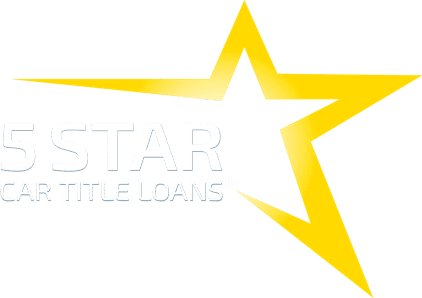Can You Get a Title Loan on a Leased Car?
So, you’ve got a lease on your vehicle and you want a title loan?
Believe it or not, you are still able to get title loans on a leased car. The trick is to get rid of the lease. While that may be easier said than done, some companies can get you there with buyout options.
Buying the Lease Frees Up the Title
The only way you’re going to be able to get a title loan and the chance to walk out of the office with cash in hand is for the title loan company to buy the lease from your current creditor.
Buying the lease frees up the title and subsequently removes the problem of having a lease on your car with no title to offer up as collateral.

I Have a Leased Car, What Are My Options?
If you are interested in getting a title loan on a leased car, you more than likely have some questions about the process and if it’s even possible.
Having a leased car means that you don’t necessarily own the vehicle, as you’re still paying on it. In other words, your lender has the controlling interest. As such, since you don’t technically own the vehicle, you can’t use it as collateral.
Title loans on a leased car are difficult to set up, but they’re not impossible either. There are some possible workarounds to this.
Here’s what you should know when seeking a title loan on a leased vehicle:

Know the Buyout Fees for a Title Loan on a Leased Car:
Early termination – If your contract hasn’t come to an end there can be penalties for breaking the lease
Purchase fees – This is the money you might need to pay to buy the vehicle.
Buyout price – The amount you need to pay on your lease contract if you want to buy the car
Registration fees – Costs involved in registering your car
State taxes – The taxes your state might charge on the buyout.

How to Get a Title Loan on a Leased Car with Bad Credit:
With bad credit, there are things you need to discuss when choosing a title loan lender. Ask what the low credit score requirements are and if lease buyout loans are allowed.
In addition, find out what the loan amounts are to make sure they are enough to handle the lease buyout.
You might need to check with more than one lender to find one that will agree to the terms you need

Lease-End Buyout Negotiation:
Try to negotiate with your lender to reduce the purchase price cost of the car. As far as taxes, fees, interest rates and the residual price (worth of the car at the end of the lease) go, you probably won’t have room to negotiate.

Make Payments to Only One Loan Company Instead of Two:
A benefit of getting a title loan on a leased car is you will have one payment rather than two. Buying out the lease means the loan will be taken over by the title loan company. They take the risk on themselves and you will make payments only to them.
Where to Find the Best Lease Buyout Title Loan
Finding title loan lenders that finance lease buyouts and take on poor credit customers can be a challenge. However, while they might not advertise this service up front, there are some lenders willing to do it.
Choose a loan company that is experienced and knowledgeable with managing a title loan on a leased vehicle. 5 Star Car Title Loans is a name you can trust! If you are ready to get a car title loan on a leased car, check with customer service at 5 Star Car Title Loans regarding your title loan buyout options. They are available to answer your questions concerning various options and will explain the process to you.





